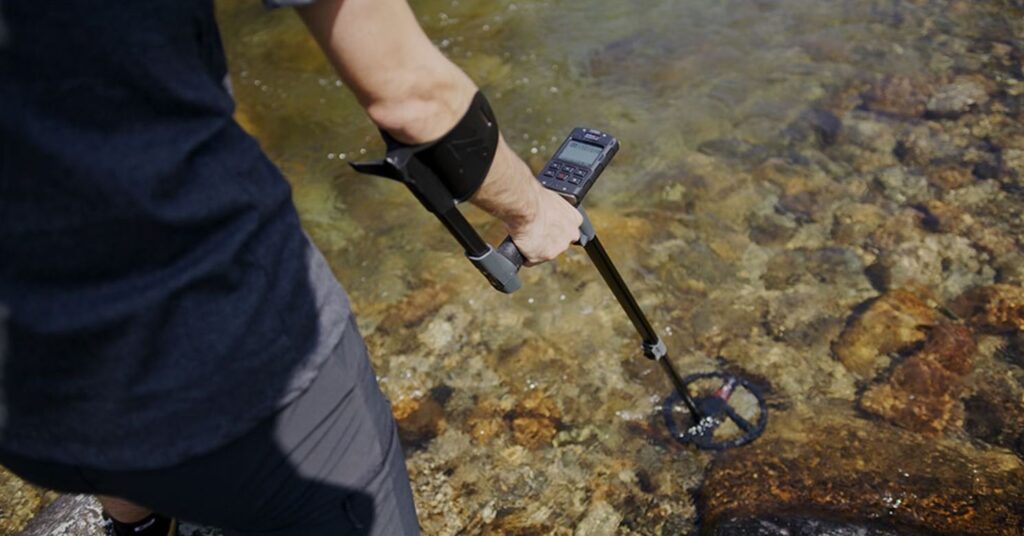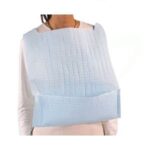Relic hunting is a rewarding branch of metal detecting focused on uncovering historical artifacts—buttons, buckles, musket parts, old coins, farm tools, and more—from the past. But to successfully find relics, you’ll want a detector optimized for the unique challenges of relic sites: iron-clutter, variable soil mineralization, mixed target sizes, deep burial. This article outlines what to look for in a relic-hunting detector, then recommends some of the best models.
🧐 What Makes a Detector Good for Relics?
When hunting relics, certain features become more important than in general coin or jewelry detecting. Here’s a breakdown of must-haves:
✅ Key Features
-
Good depth sensitivity: Relics often sit deeper than recently dropped coins. As one guide notes, relic places “often require a detector with good depth sensitivity.”
-
Iron discrimination & target separation: Relic-rich sites frequently contain heavy iron trash (nails, spikes, old hardware). A detector needs to separate valuable targets from junk.
-
Ground-balance capability: Many historic sites are in areas with varying soil mineralization (old foundations, fill, moisture). Good ground balance improves performance.
-
All-metal or minimal discrimination mode: Some relics (e.g., old iron buckles) may appear in iron zones, so you may need to switch modes accordingly.
-
Durable build / terrain versatility: Many relic sites are off the beaten path—in woods, fields, near old structures—so rugged build and comfortable operation matter.
-
Coil size & shape options: A smaller coil helps in tight, trashy areas; a larger coil helps achieve more depth in open fields.
🎯 Top Recommended Detectors for Relic Hunting
Here are several models frequently recommended for relic hunting (in no particular order). (Note: Actual availability and pricing in your region may vary.)
• Garrett AT Pro
-
A versatile model commonly cited for relic hunting—with good depth and iron discrimination.
-
Waterproof (usable in shallow water/wet terrain) which expands your site possibilities.
-
Balanced between functionality and cost—good for intermediate relic hunters.
• Minelab Equinox 800
-
Multi-frequency detector: allows flexibility across terrains and target types, which is a plus in relic hunting.
-
Lightweight, waterproof coil, and good performance in both open fields and more difficult ground.
-
Great choice if you’re planning to hunt varied relic sites (wet, dry, mineralized ground).
• Fisher Labs F75
-
Specifically mentioned as designed for relic hunting and coin shooting.
-
Offers features like “Boost” mode for extra sensitivity, and iron audio for distinguishing iron from non-iron targets.
-
Good mid-to-high-end choice for serious relic hunters.
• Nokta Makro Anfibio Multi
-
Multi-frequency, good value detector often recommended for relic hunting.
-
Waterproof and rugged — a good pick for off-trail relic sites such as old homesteads, forests or fields.
-
More affordable than some premium models, making it a strong value option.
🧭 Choosing the Right One for Your Needs
Here’s how to decide which detector is best for your relic-hunting style:
| Your Situation | Suggested Tier | Why |
|---|---|---|
| Beginner relic hunter, mostly in open fields or moderately trashy sites | Entry/mid-level (e.g., Garrett AT Pro, Nokta Anfibio) | Solid features without premium cost; easy to learn. |
| Intermediate, varied terrain (woods, old homesteads, moderate iron-clutter) | Mid-to-high (e.g., Fisher F75) | More advanced target separation, better depth & features. |
| Serious relic hunter, deep targets, highly iron-infested/trashy or wet terrain | High-end (e.g., Minelab Equinox 800) | Premium features: multi-frequency, rugged build, advanced discrimination. |
✍️ Final Thoughts
Relic hunting is exciting—you’re chasing history, not just lost coins. But success requires the right equipment, patience, and research. As one manual put it:
“Relic hunting is searching for historical artifacts … The most common unwanted metal is iron (nails, fence wire, rusted cans, etc.) … so having a detector with good depth sensitivity is important.”
So pick a detector that suits your environment and budget, learn how it behaves, and then head to old homesites, fields, forest clearings, former campsites or battlefields (where legal). With the right machine and mindset, you’ll increase your chances of uncovering those hidden relics that tell stories of the past. We offer Best Metal Detectors for Relic.



